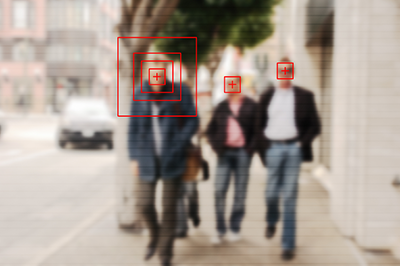
The HFHR presented the Constitutional Tribunal with a legal opinion on the constitutionality of the provisions regulating the placement of incapacitated persons at nursing homes by their guardians. The Commissioner for Human Rights asked the Constitutional Tribunal to perform the constitutional review of these provisions.
The currently applicable provisions of the Mental Health Protection Act and Social Assistance Act allow for the placement of an incapacitated person at a nursing home. The only requirement that must be satisfied is consent of a given person’s guardian. In order to place a legally incapacitated person at a nursing home a guardian should obtain a permission from a guardianship court. However, in practice this requirement is sometimes omitted. Moreover, the rules that govern grants of such permissions are very imprecise and do not require the court to hear a legally incapacitated person or subject such a person to a psychiatric examination. Furthermore, incapacitated persons themselves have no right to challenge rulings and decisions for their placement at nursing homes. There is also no procedure that would enable an institutionalised person to request a judicial review after being placed at a nursing home.
In its opinion the HFHR analysed the challenged provisions and the practice of their application. “According to our findings, across Poland there are 12,000 legally incapacitated persons across Poland who are deprived of their liberty and do not have access to any sort of legal remedies”, says Marcin Szwed, member of the HFHR legal team.
The HFHR also described its previous activities concerning the challenged provisions. They are mainly connected with the case Kędzior v. Poland pending before the European Court of Human Rights which is being handled by the lawyers of the HFHR. The activities also include monitoring of the process of implementation of the judgment in this case. In this judgment the ECtHR stated for the first time that the Polish provisions regulating the process of placing legally incapacitated persons in nursing homes by the decision of their guardians violate Article 5 of the European Convention on Human Rights. “Unfortunately despite the fact that four years have passed since the ECtHR has issued this decision, it still has not been enforced by the Polish authorities, which was communicated to the Council of Europe’s Committee of Ministers by the HFHR”, explained Marcin Szwed. In its opinion the Foundation reminded that already in March 2015 it called on the Human Rights Defender to initiate the constitutional review of the relevant provisions of law.
The HFHR has underscored that the provisions challenged by the Human Rights Defender are contrary to the Constitution and international agreements which are binding upon Poland. “They constitute not only a violation of personal freedom or the right of persons with disabilities to court but also of their dignity. Under the placement procedure they are treated as passive objects and not as entities able to express their own opinion with regard to their place of stay”, Marcin Szwed adds.


